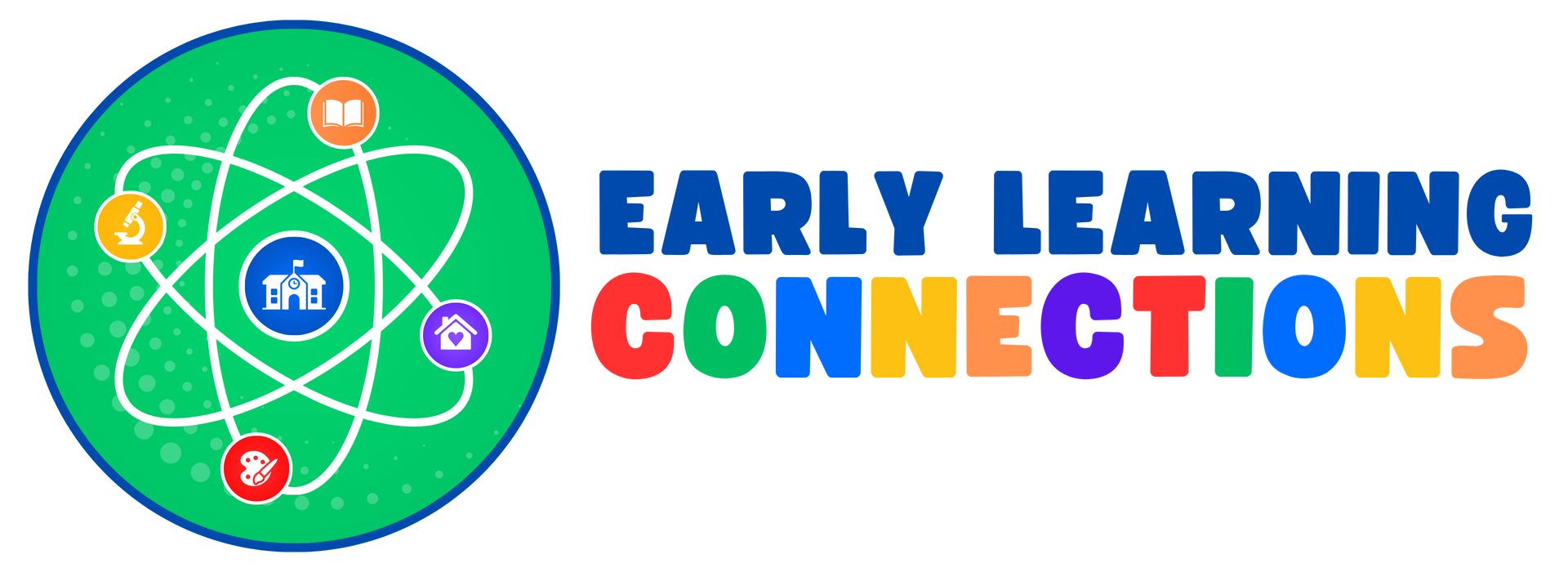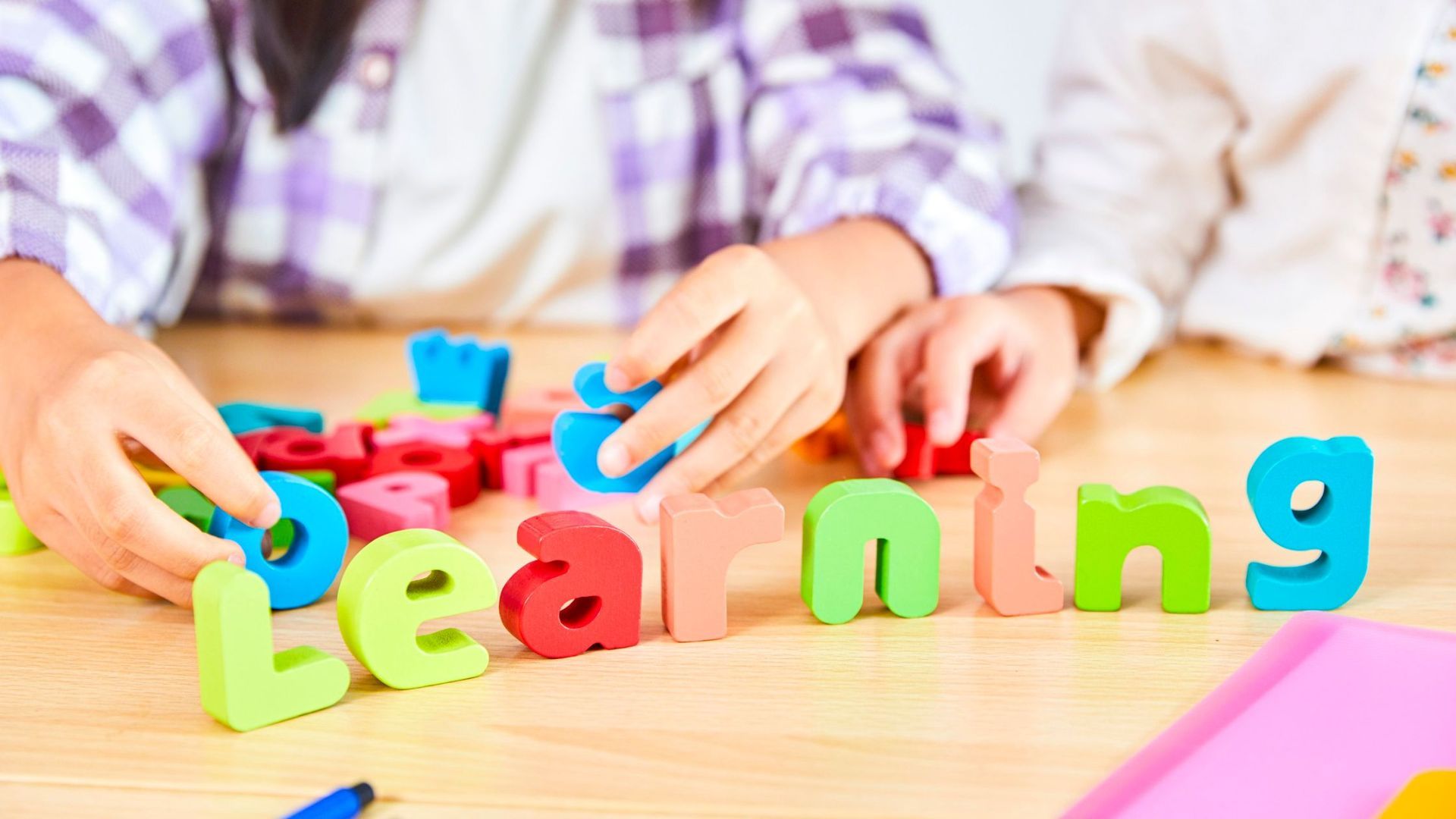How Storytelling Enhances Language and Cognitive Skills Storytelling

Introduction
Storytelling is an age-old tradition that plays a vital role in a child's cognitive and language development. It is more than just a means of entertainment—it stimulates the brain, encourages creativity, and helps children understand the world around them. Through storytelling, young learners develop language proficiency, enhance their memory, and sharpen their problem-solving abilities. This article explores the significance of storytelling in early childhood development and how it fosters essential skills that benefit children throughout their lives.
Language Development Through Storytelling
1. Expanding Vocabulary and Sentence Structure
Storytelling exposes children to a wide range of words and phrases, improving their vocabulary. As they listen to different stories, they encounter new words in context, helping them understand their meanings and usage. Additionally, hearing well-structured sentences helps them learn proper grammar and sentence formation, strengthening their verbal communication skills.
2. Enhancing Listening and Comprehension
When children listen to stories, they learn to focus and absorb information, which improves their listening skills. They also develop comprehension abilities as they interpret storylines, recognize characters, and predict outcomes. These skills are essential for academic success, as strong listening and comprehension form the foundation for reading and writing proficiency.
3. Encouraging Verbal Expression
Retelling stories or creating their own narratives allows children to practice articulation and self-expression. By describing events, characters, and emotions, they learn how to organize their thoughts and communicate ideas more effectively. Storytelling also boosts confidence, as children gain the ability to express themselves clearly and persuasively.
Cognitive Benefits of Storytelling
1. Strengthening Memory and Recall
Storytelling helps children develop memory skills by encouraging them to remember details such as character names, plot events, and key messages. The ability to recall information from a story translates into better retention of knowledge in academic subjects, improving overall cognitive function.
2. Developing Critical Thinking and Problem-Solving Skills
Stories often present challenges or conflicts that characters must resolve. By engaging with these narratives, children learn to analyze situations, consider different perspectives, and think critically about possible solutions. This enhances their problem-solving abilities and decision-making skills, which are crucial for real-life situations.
3. Stimulating Creativity and Imagination
Storytelling sparks creativity by encouraging children to visualize scenarios, imagine characters, and construct their own narratives. Whether they are making up stories, acting out roles, or illustrating scenes, storytelling fosters imaginative thinking, which contributes to cognitive flexibility and innovation.
Storytelling as an Educational Tool
1. Interactive Storytelling Activities
- Picture Book Storytelling: Reading picture books with expressive narration helps children associate words with images, reinforcing language learning.
- Story Sequencing Games: Encouraging children to arrange story events in order strengthens their logical thinking and comprehension.
- Dramatic Play and Role-Playing: Acting out stories allows children to step into different roles, enhancing empathy and communication skills.
2. Encouraging Children to Create Their Own Stories
Providing children with opportunities to create their own stories fosters independent thinking and creativity. They can draw, write, or verbally narrate their stories, enhancing both their cognitive and linguistic abilities.
3. Incorporating Multisensory Elements
Using props, music, and interactive storytelling techniques engages multiple senses, making storytelling more immersive and memorable. This approach caters to different learning styles and helps reinforce language acquisition.
Just as storytelling enhances language development and cognitive skills, music also plays a crucial role in early learning by improving memory, creativity, and emotional expression. Discover how music supports early childhood development.
Incorporating storytelling into daily routines provides children with consistency and reinforces learning, much like structured schedules that promote emotional security and independence. Learn more about the benefits of structured routines for young children.
Conclusion
Storytelling is a powerful tool for enhancing language and cognitive skills in children. It builds vocabulary, improves comprehension, fosters creativity, and develops problem-solving abilities. Parents and educators can integrate storytelling into daily routines to create a fun and enriching learning experience. By making storytelling a regular activity, we can nurture confident communicators, critical thinkers, and imaginative learners who are well-prepared for future success.










